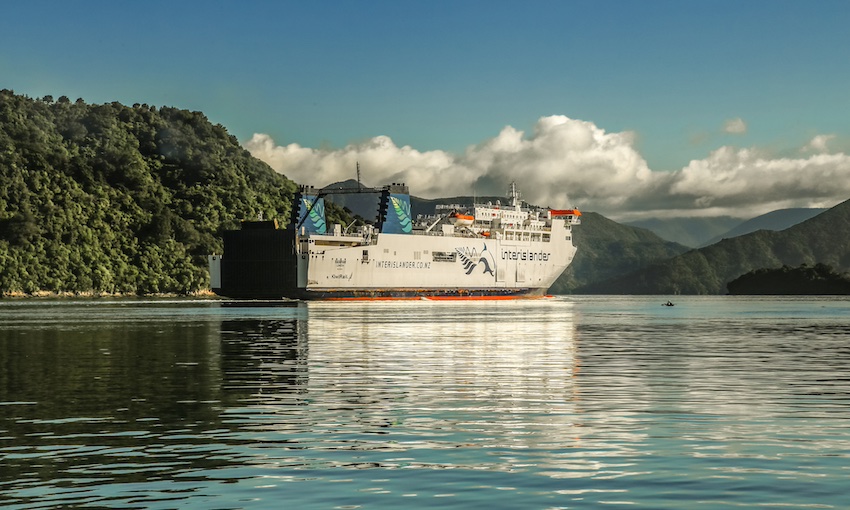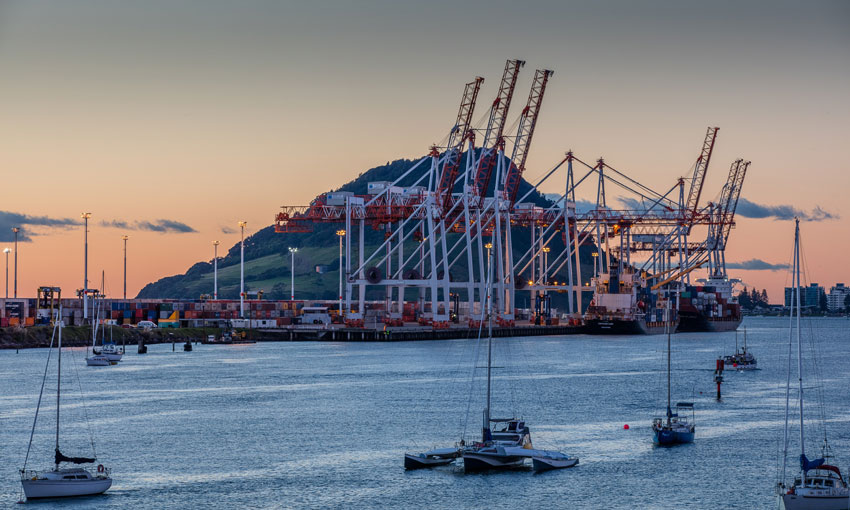DOCUMENTS released last week by the NZ Government show the country’s Ministry of Transport raised many concerns about the cost of the iReX Cook Strait replacement ferries long before finance minister Nicola Willis controversially pulled the plug on the project last December.
While KiwiRail had a NZ$551 million fixed-cost contract with Korea’s Hyundai Mipo Dockyard for the two rail/ro-paxes but the total cost was expected to blow out to as much $3 billion, factoring in the provision of new terminals, wharves and equipment.
Amongst points raised by the MoT and disclosed in papers “proactively released” by Treasury:
- KiwiRail may not be the best owner/operator of Interisland Line, which could be separated as a standalone state-owned enterprise or sol
- KiwiRail ws allegedly “incentivised” to make cancelling the HMD contract as unattractive as possible and had suggested the break fee to do so could be high.
- However, ferry prices had increased significantly since the newbuildings contract was signed, so it was conceivable the ferries could be sold on for a price that did not result in such high losses.
- Officials said it was plausible that if a new approach was adopted, especially by someone other than KiwiRail, a more commercially viable option should be possible.
- In July 2023, after KiwiRail sought a further iReX top-up from the government, KiwiRail offered costings for variations: the full project at $2.675 billion, or a “limited landside infrastructure” option at $2.377 billion.
- Purchasing three second hand ships to replace the three current Interisland ferries was costed at $2.02 billion.
- MoT provided the government with alternative options, including the exclusion of rail capability, estimating transferring freight from rail to road and vice versa at terminal ports would make a negligible material difference to modal shift given it was “invisible” to customers. KiwiRail argued this would have a major effect on ship turnaround times and reduce the number of daily sailings.
- By 29 November 2023 Treasury officials had “lost confidence” in the iRex project, saying it was doubtful whether it continued to represent value for money and briefed Ms Willis accordingly. In turn KiwiRail advised it would run out of cash for iReX within a month.
- There followed a period of claims and counterclaims, with Treasury “doubting the veracity” of information provided by KiwiRail (which was denied).
- Ms Willis cancelled the entire project on 13 December.
In February the NZ Government appointed a three-man independent Ministerial Advisory Group to ascertain ferry replacement options (but not to consider infrastructure issues). It was given five months to report back.
DCN acknowledges the work of the NZ Herald which doggedly pursued this topic and in effect drove the government to release documents.





